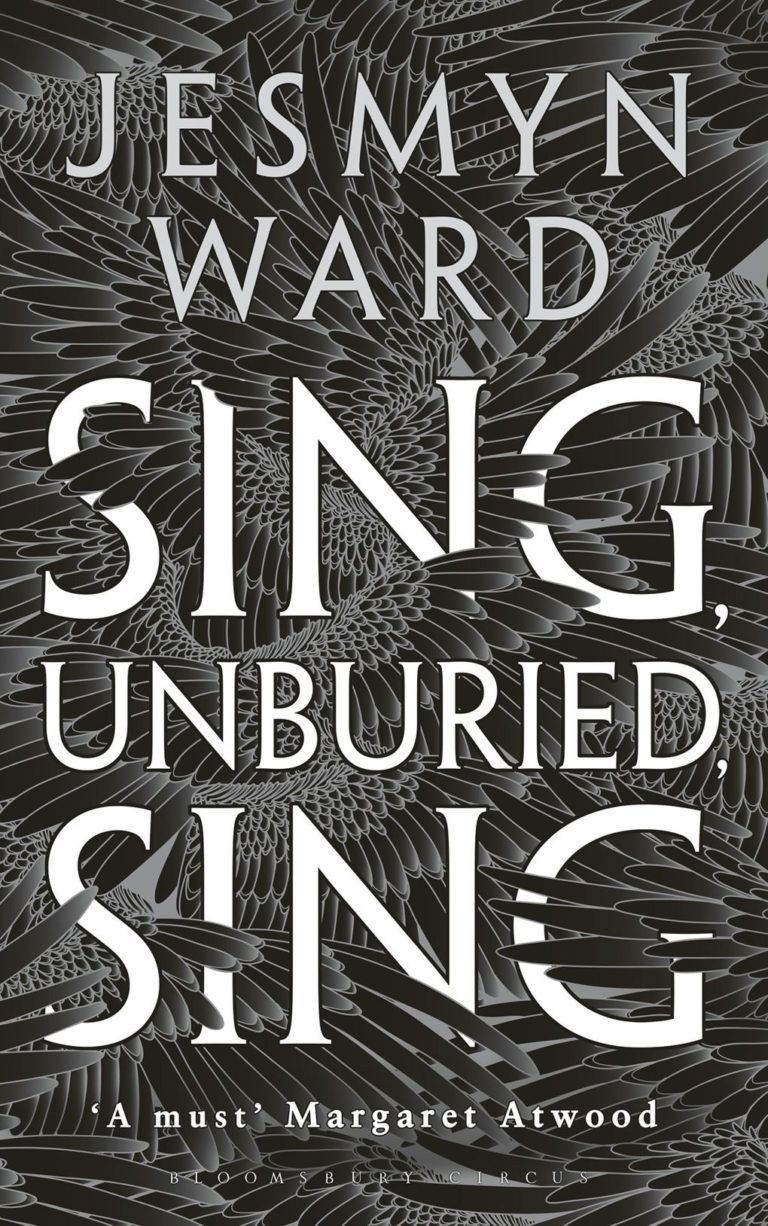If you’re even a casual observer of all things literary, chances are you’ve come across Jesmyn Ward already. Her debut novel Salvage the Bones won the National Book Award back in 2011, and her memoir Men We Reaped was met with similar acclaim. Her latest novel, Sing, Unburied Sing has somehow transcended the hype, being chosen by Barack Obama as one of his favourite books of the year, and bagging Ward a fully deserved second National Book Award.
Sing, Unburied, Sing served as my introduction to Jesmyn Ward, and it quickly became apparent what all the fuss is about. The novel is crafted from distinctive prose that’s at once poetic and blunt, a voice that’s able to capture not just the struggles that exist within families but throughout contemporary America. It pulls off the tricky task of using an intimate study of single family to explore huge themes across several hundred years of history.
Ward is also an expert in creating a sense of place, conjuring the sights and sounds and smells of Mississippi’s Gulf Coast. Some of these evocations are good and rich with a sense of nostalgia, like “the smell of onions and garlic, bell pepper, and celery cooked in butter [that] clouds the air” in the kitchen. But others are not good, a reminder of the harsh realities these characters have to live in. Perhaps the best example of this is the opening scene which depicts the slaughter of a goat, described by the young narrator:
“The smell overwhelms like a faceful of pig shit. It smells like foragers, dead and rotting out in the thick woods, when the only sign of them is the stink and the buzzards rising and settling and circling. It stinks like possums or armadillos smashed half flat on the road, rotting in asphalt and heat. But worse. This smell is worse; it’s the smell of death, the rot coming from something just alive, something hot with blood and life.”
The story centres on Jojo, a thirteen year old boy who’s trying to accelerate his journey into manhood to care for his young sister, and his mother Leonie, who’s locked in eternal struggle with herself, the people around her, and her drug habit. Add to that Pop, Leonie’s stoic father, who is (almost literally) haunted by the tragedy and violence of his youth, and Mam, her mother, who is bedridden with an excruciatingly painful terminal illness. A difficult situation is made worse when the children’s father is released from the prison, and Leonie drags them on a road trip across the state to retrieve him.
The sheer weight of the effects of racism on these characters is crushing, the entirely ordinary and believable people portrayed more like the doomed figures from some ancient epic. On the surface Leonie has few redeeming features, a young woman who shows little love to her children, and who takes every opportunity to take out her anger on them. But, by the end of the story, the reasons for this become clear, and it’s hard to blame her for any of her shortcomings. From personal pain of the sudden death of her brother and the abrupt and uneasy transition into motherhood, to the exhausting daily quest for even a scrap of basic dignity and the momentary relief of drugs, its clear that she is a person, one of many, who is battling against a system that has been designed to keep her in chains.
But, of course, Jojo’s anger at his mother is understandable. He is one of the bravest protagonists of recent times, a boy who is forced to steal food from gas stations and secretly feed it to his famished baby sister, who endures the savage treatment of a suspicious cop, and who is covered in vomit more times than anyone deserves. Through conversations with his grandfather he begins to grasp the the horror and brutality of their cultural history, a revelation that leads to a major plot point near the end of the book, a strand that plays out something like Lincoln in the Bardo meets Colson Whitehead’s Underground Railroad.
Sing, Unburied, Sing is a tale of hardship and pain that’s stitched with a silvery thread of magic, but perhaps little hope. As Ward says in a Q&A with The Guardian, “Young people have a right to optimism, and rightly so; human beings have grown and developed and accomplished wonderful feats in the world. But what mires me in pessimism is the fact that so much of life is pain and sorrow and willful ignorance and violence, and pushing back against that tide takes so much effort, so much steady fight. It’s tiring.”
It’s out now on Bloomsbury (UK) and Scribner / Simon and Schuster (US).

